
Aewol: The Serene Coastal Gem of Jeju
Discover Aewol: Jeju’s serene coastal retreat, renowned for its stunning ocean views, charming cafes, and vibrant local culture.
Aewol, nestled on the northwest coast of Jeju City, is a tranquil coastal haven known for its stunning ocean views and serene atmosphere. As you stroll along the Aewol Coastal Road, you'll be mesmerized by the sparkling blue waters and dramatic volcanic rock formations that define the shoreline. The road is dotted with charming cafes and eateries where you can savor freshly brewed coffee while soaking in the picturesque scenery. Aewol is also a gateway to some of Jeju's most beautiful natural attractions. The nearby Handam Coastal Trail offers an easy hike with breathtaking views of the sea and lush greenery. For those interested in marine life, the Aewol Haenyeo Museum provides a fascinating glimpse into the lives of Jeju’s traditional female divers, known as haenyeo. In addition to its natural beauty, Aewol is home to the lively Aewol Port, where you can watch local fishermen at work and sample the freshest seafood. The port area comes alive in the evening with vibrant markets and food stalls, making it a perfect spot to experience the local culture. Whether you are seeking relaxation or adventure, Aewol offers a unique blend of both, making it a must-visit destination on Jeju Island.
Local tips in Aewol
- The Aewol Coastal Road is best enjoyed early in the morning to avoid crowds and witness a stunning sunrise.
- Visit the Aewol Haenyeo Museum to learn about the unique culture and history of Jeju's female divers.
- Try the local seafood at the Aewol Port markets for an authentic taste of Jeju cuisine.
- Rent a bicycle to explore the coastal road and nearby trails at a leisurely pace.
- Check out the local cafes for a relaxing break with fantastic ocean views.
Aewol: The Serene Coastal Gem of Jeju
Aewol, nestled on the northwest coast of Jeju City, is a tranquil coastal haven known for its stunning ocean views and serene atmosphere. As you stroll along the Aewol Coastal Road, you'll be mesmerized by the sparkling blue waters and dramatic volcanic rock formations that define the shoreline. The road is dotted with charming cafes and eateries where you can savor freshly brewed coffee while soaking in the picturesque scenery. Aewol is also a gateway to some of Jeju's most beautiful natural attractions. The nearby Handam Coastal Trail offers an easy hike with breathtaking views of the sea and lush greenery. For those interested in marine life, the Aewol Haenyeo Museum provides a fascinating glimpse into the lives of Jeju’s traditional female divers, known as haenyeo. In addition to its natural beauty, Aewol is home to the lively Aewol Port, where you can watch local fishermen at work and sample the freshest seafood. The port area comes alive in the evening with vibrant markets and food stalls, making it a perfect spot to experience the local culture. Whether you are seeking relaxation or adventure, Aewol offers a unique blend of both, making it a must-visit destination on Jeju Island.
Iconic landmarks you can’t miss
Gueom Stone Salt Flats
Explore the mesmerizing Gueom Stone Salt Flats in Jeju-do, a natural wonder showcasing stunning landscapes and rich cultural heritage.
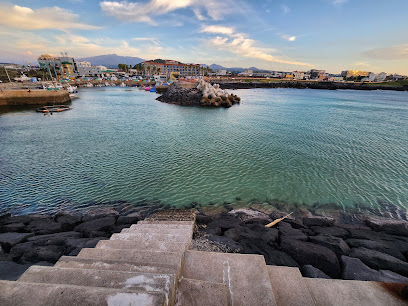
Hangpaduri Hangmong Historic Site
Explore the Hangpaduri Hangmong Historic Site, a treasure of Korea's heritage nestled in Jeju-do, where history and nature beautifully intertwine.
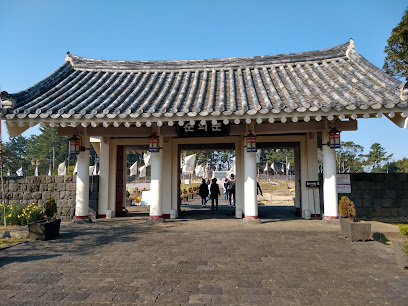
Jeju Light Garden
Experience the mesmerizing light displays at Jeju Light Garden, a must-visit theme park on Jeju Island that enchants visitors with its vibrant ambiance.
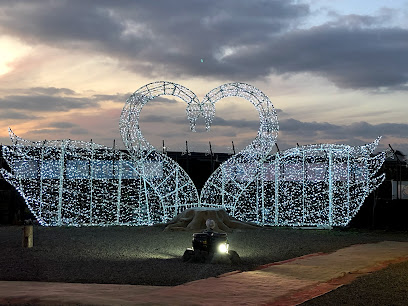
Jeju Teseum
Explore the whimsical world of teddy bears at Jeju Teseum, an enchanting theme park and museum in Jeju-do, South Korea, perfect for all ages.

Jeju Big Ball Land
Discover the vibrant fun of Jeju Big Ball Land, a must-visit amusement park where oversized inflatable balls and laughter await families and adventure seekers.
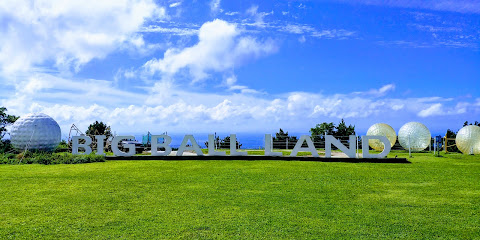
Hwajowon / Flower Bird Park
Discover the tranquility of Hwajowon / Flower Bird Park in Jeju - a beautiful zoo filled with exotic birds and vibrant floral displays.
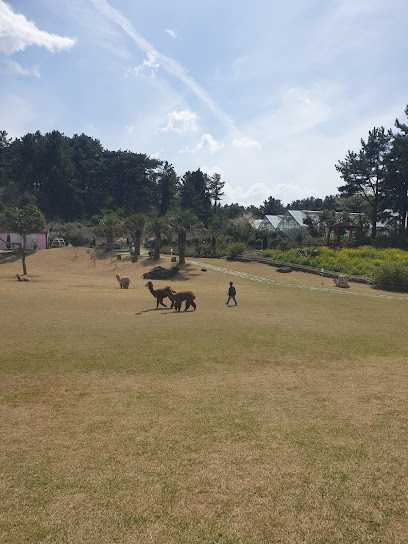
Yeonhwaji
Experience the breathtaking beauty of Yeonhwaji, a serene coastal attraction in Jeju known for its stunning views and tranquil atmosphere.
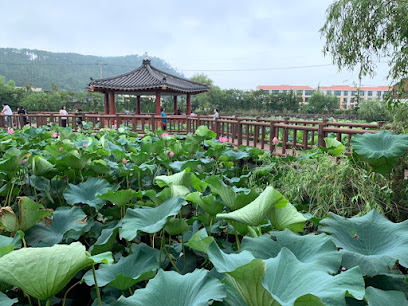
Handam Coastal Walk
Discover the natural beauty of Jeju Island at Handam Coastal Walk, where stunning ocean views and lush landscapes await every traveler.
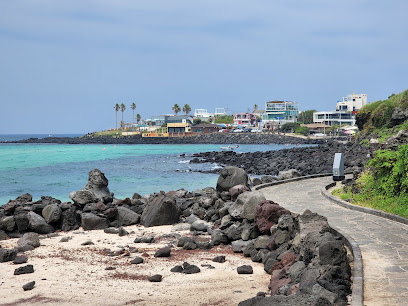
Cherry Blossom Street
Explore the enchanting Cherry Blossom Street in Jeju, where vibrant blooms create a picturesque setting for unforgettable memories.
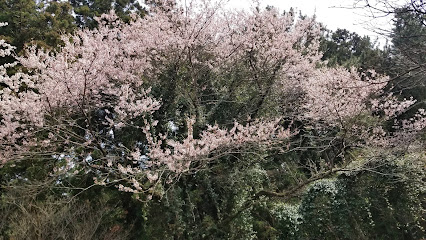
Cherry blossom tunnel
Discover the breathtaking beauty of the Cherry Blossom Tunnel in Jeju-do, a serene escape adorned with vibrant blooms, perfect for nature lovers and photographers.
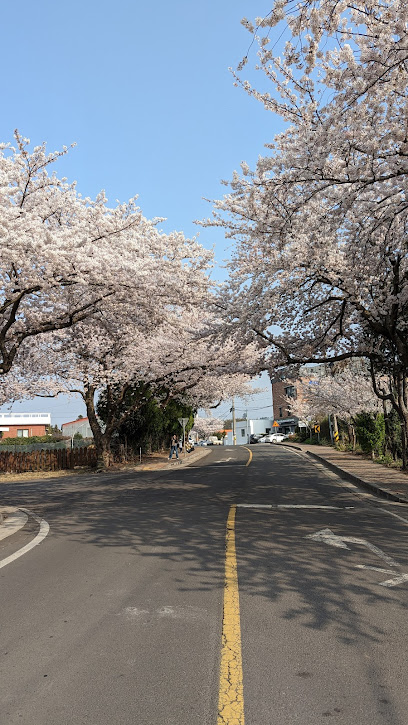
Unmissable attractions to see
Arte Museum Jeju
Explore the dynamic fusion of art and nature at Arte Museum Jeju, a contemporary art haven on the beautiful Jeju Island.
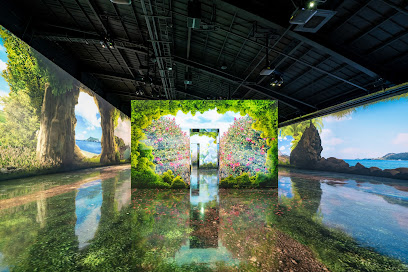
9.81 Park Jeju
Experience the thrill of adventure at 9.81 Park Jeju, a premier theme park with unique attractions and breathtaking views of Jeju Island.
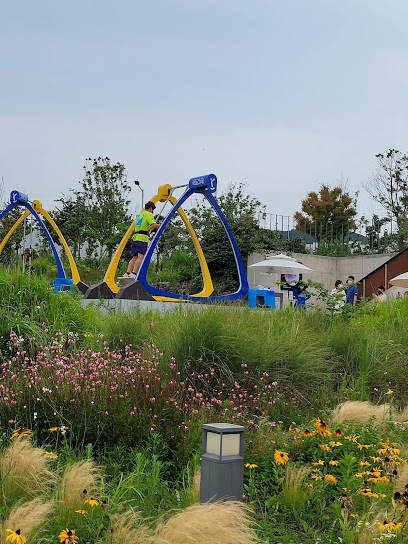
Jeju Teseum
Experience the whimsical world of Jeju Teseum, where teddy bears come to life in a magical theme park on Jeju Island.

Greek Mythology Museum
Discover the enchanting world of Greek mythology at the Greek Mythology Museum in Jeju-do, where ancient legends come to life through captivating exhibits.
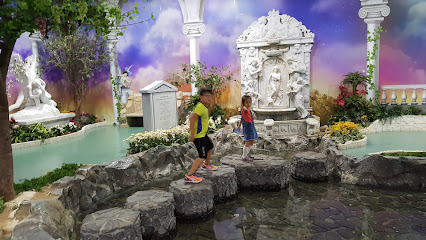
Saebyeol Friends
Discover the magical world of Saebyeol Friends in Jeju-si, a must-visit tourist attraction filled with fun, creativity, and unforgettable memories.
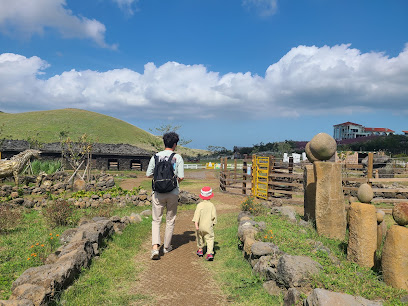
Cherry Blossom Street
Experience the enchanting beauty of Cherry Blossom Street in Jeju, where vibrant blooms create a picturesque atmosphere perfect for leisurely strolls and unforgettable memories.
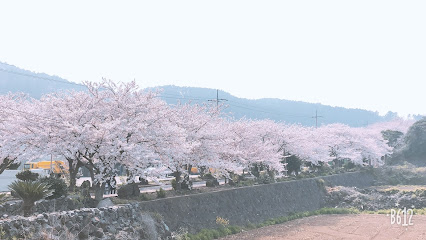
Cherry blossom tunnel
Discover the breathtaking beauty of Jeju's Cherry Blossom Tunnel, a serene escape adorned with vibrant pink blooms and perfect for memorable strolls.
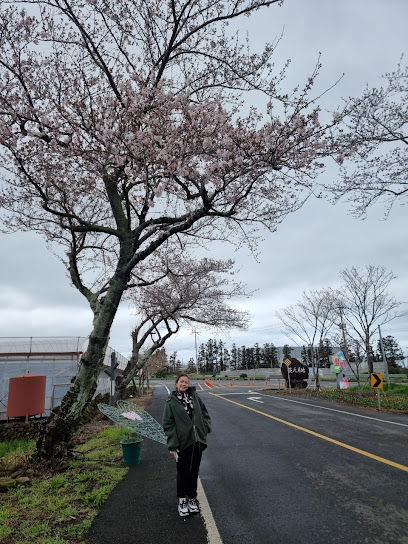
Essential places to dine
Jeju Gwanghae Aewol Main Branch
Experience authentic Korean cuisine at Jeju Gwanghae Aewol Main Branch, where fresh ingredients meet traditional cooking techniques.
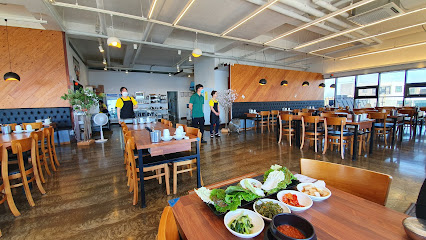
Indian Kitchen
Experience authentic Indian cuisine at Indian Kitchen in Jeju-do - where every dish tells a story of flavor and tradition.
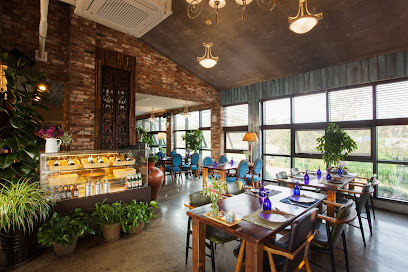
Nolman
Experience exquisite seafood dining at Nolman on Jeju Island, where freshness meets stunning ocean views.
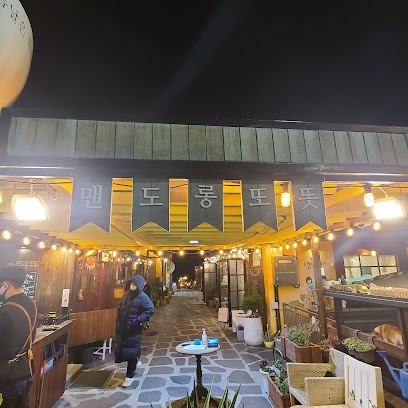
Chef Moon Dong-il’s Nokchagoeul (Green Tea Village)
Experience authentic Korean flavors at Chef Moon Dong-il’s Nokchagoeul – home of delicious hangover soup, noodles & steak in beautiful Jeju-do.
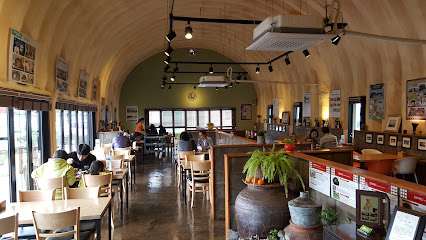
Morino Aru yo
Savor authentic Japanese flavors in the tranquil beauty of Jeju-do at Morino Aru yo - a culinary haven for food enthusiasts.
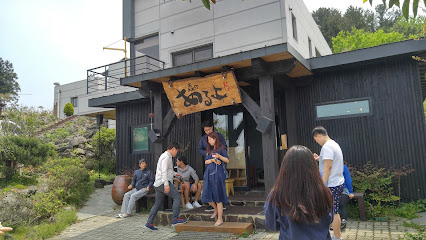
DOLDAM HANCHI
Experience authentic Korean cuisine with stunning ocean views at Doldam Hanchi on Jeju Island.
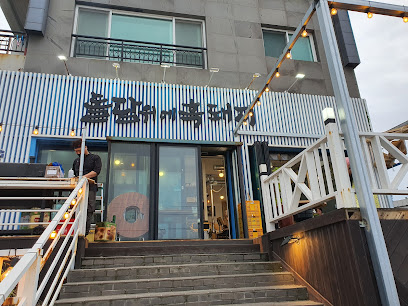
HOMZ
Experience authentic Italian cuisine at HOMZ in Jeju – where tradition meets taste amidst stunning island scenery.
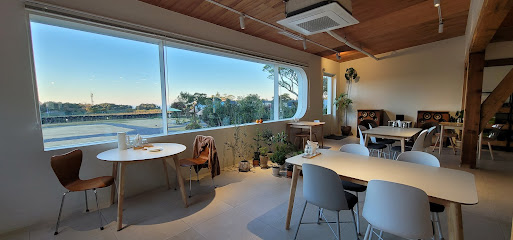
Avec
Experience exquisite vegetarian cuisine at Avec in Jeju – where fresh ingredients meet creative culinary artistry.
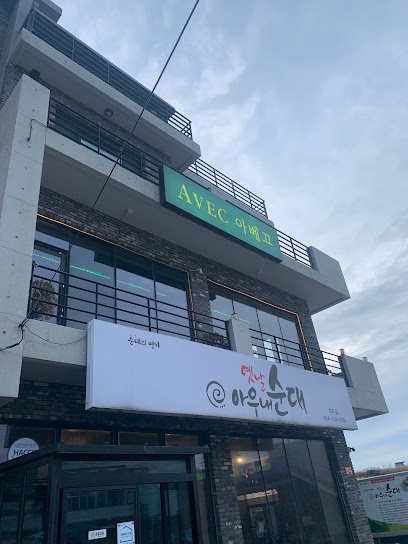
Kairos Pension And Restaurant
Experience authentic Korean cuisine at Kairos Pension and Restaurant amidst Jeju's stunning landscapes.
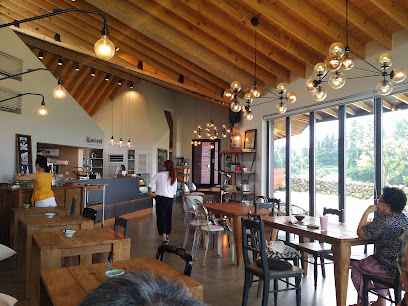
Lan's Kitchen
Discover culinary bliss at Lan's Kitchen in Jeju – where innovative vegan dishes celebrate local flavors in a cozy atmosphere.
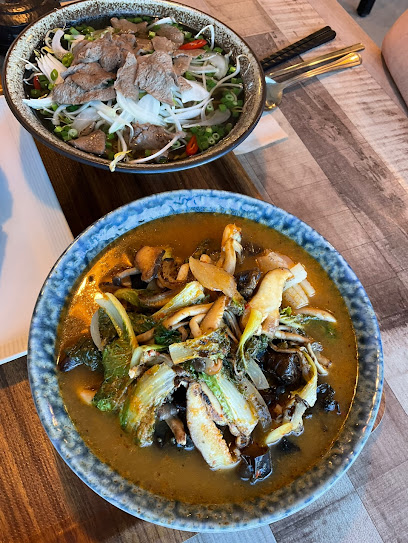
Markets, malls and hidden boutiques
Jungang Underground Shopping Center
Explore the Jungang Underground Shopping Center, Jeju's ultimate shopping destination featuring diverse clothing options and local treats!
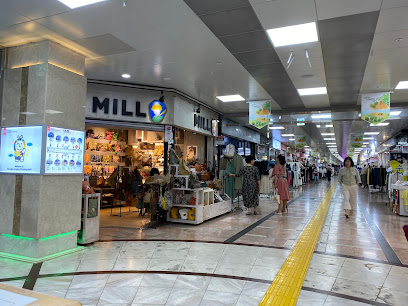
Shilla Duty Free(Jeju Store)
Discover luxury shopping at Shilla Duty Free in Jeju, where exclusive deals on high-end brands await tourists in a vibrant atmosphere.
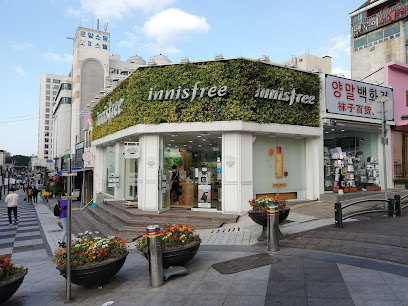
Moiso
Explore Moiso, Jeju's premier destination for unique souvenirs and local crafts that capture the essence of Korea's beautiful island.
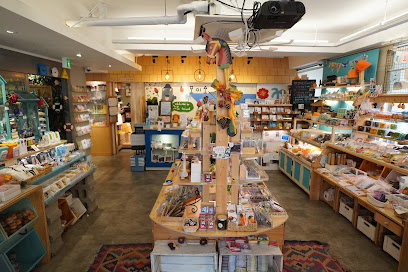
더 아일랜더 (The Islander)
Discover unique local and handmade souvenirs at The Islander, the perfect place to find mementos from your Jeju adventure.
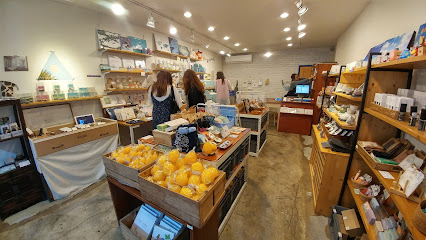
Handammol
Discover Handammol in Jeju-do, an exciting shopping mall offering a mix of local and international brands, delicious dining, and cultural experiences.
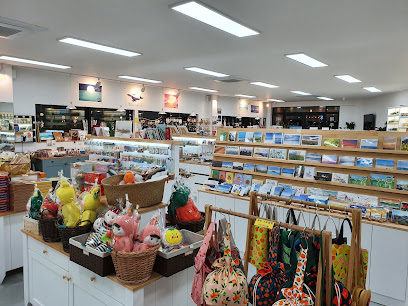
Syabjeju
Explore Syabjeju, your gateway to Jeju's finest souvenirs and local snacks, capturing the spirit of your travels in every purchase.
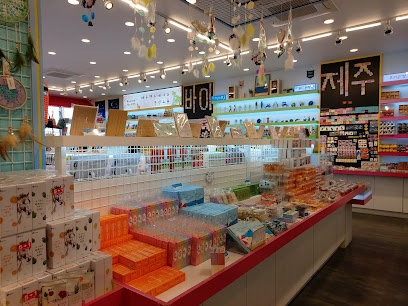
라운지제이
Explore Lounge J in Jeju for unique souvenirs that capture the island's spirit, from handcrafted items to delicious local delicacies.
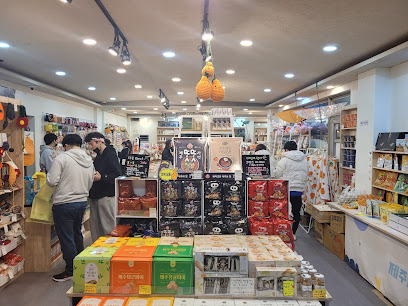
무무제주
Explore the charm of Jeju-do at 무무제주, your destination for unique home goods and authentic souvenirs.
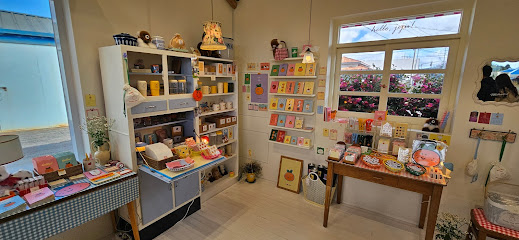
귤귤스토어
Explore Gyulgyul Store in Jeju for unique gifts and authentic local souvenirs that capture the island's charm.
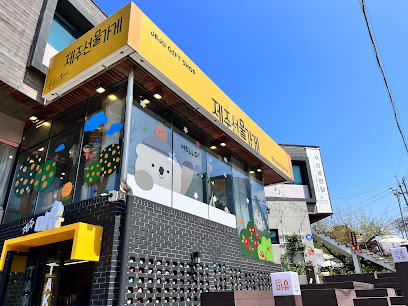
테리베리스
Discover the charm of Jeju at Terryberrys, where unique gifts, clothing, and souvenirs await every traveler.
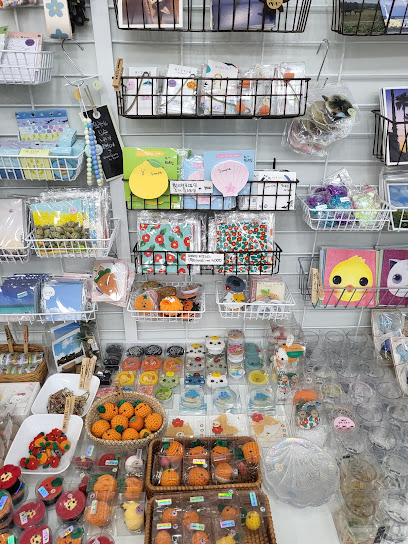
Essential bars & hidden hideouts
Brooklyn Jeju
Experience the vibrant nightlife of Jeju-do at Brooklyn Jeju, where lively ambiance meets delicious drinks and Irish-inspired cuisine.
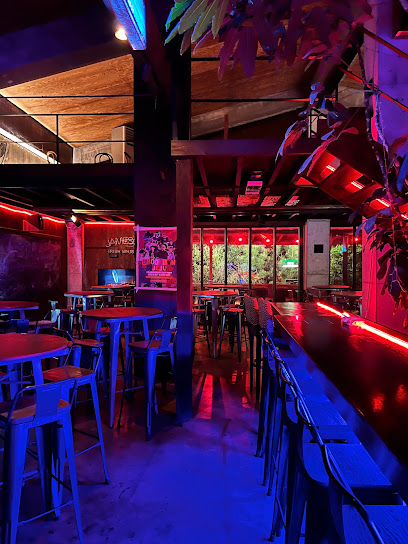
무인제주
Experience the unique blend of flavors and ambiance at 무인제주, a must-visit café and cocktail bar in the heart of Jeju.
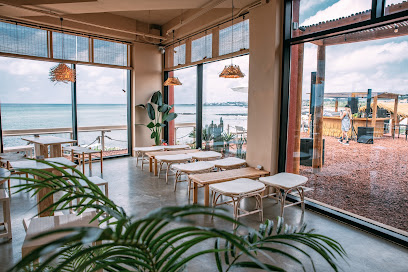
애월브금
Experience the best of Jeju at Aewol Bgeum, a cozy bar and café offering stunning ocean views and a fantastic drink selection.
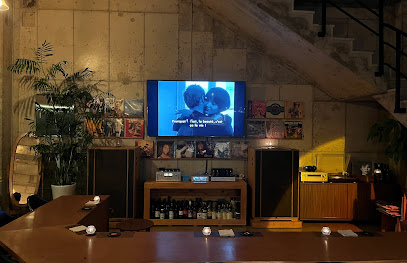
Jeju Mir
Jeju Mir: A lively bar on Jeju Island offering exquisite drinks and a vibrant atmosphere perfect for unwinding after a day of adventure.
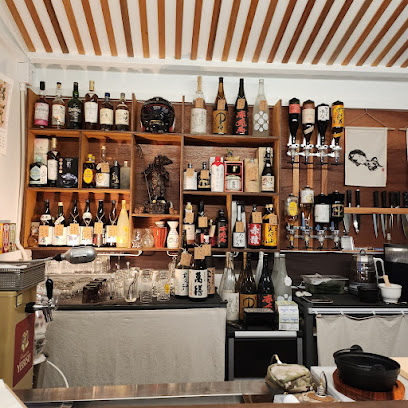
우드나잇(WoodNight)
Experience the vibrant nightlife at WoodNight, Jeju's premier bar offering creative cocktails and a lively atmosphere every night.
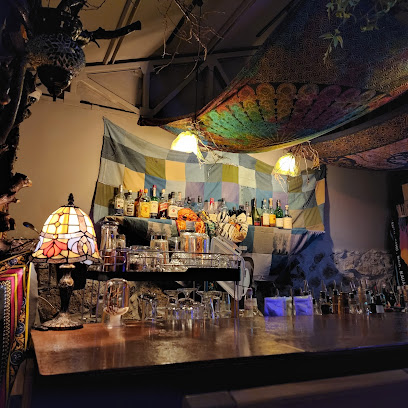
탄트라 (tantra lp bar)
Discover the vibrant nightlife at Tantra LP Bar in Jeju, where eclectic drinks and a lively atmosphere await every visitor.
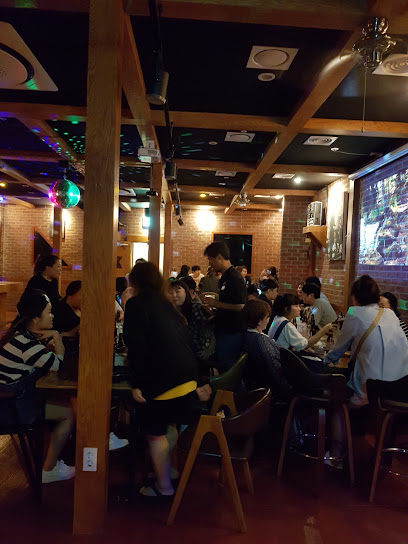
Malibu Beach Bar
Discover the essence of coastal dining at Malibu Beach Bar, where delightful grilled dishes meet stunning ocean views in Jeju-do.
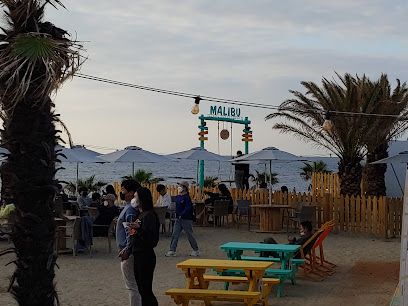
Bain
Discover Bain, a tranquil bar in Jeju, where local spirits and a serene atmosphere blend for a perfect relaxation experience.

애월술집
Experience the lively nightlife of Jeju Island at 애월술집, a modern bar known for its friendly vibe and diverse drink menu.
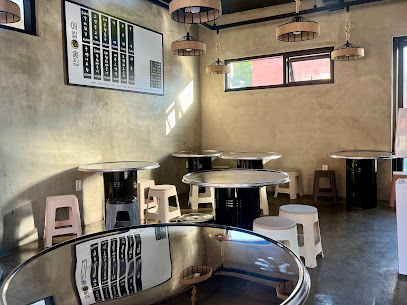
외도단란주점
Immerse yourself in the vibrant nightlife of Jeju-si at 외도단란주점, where local drinks and a lively atmosphere await.
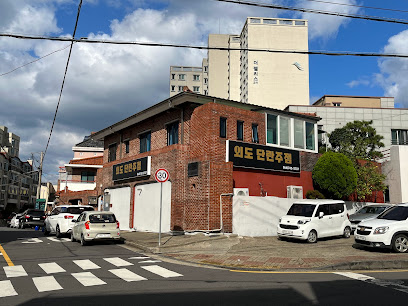
Local Phrases
-
- Hello안녕하세요
[annyeonghaseyo] - Goodbye안녕히 가세요
[annyeonghi gaseyo] - Yes네
[ne] - No아니요
[aniyo] - Please/You're welcome부탁합니다/천만에요
[butakhamnida/cheonmaneyo] - Thank you감사합니다
[gamsahamnida] - Excuse me/Sorry죄송합니다
[joesonghamnida] - How are you?어떻게 지내세요?
[eotteoke jinaeseyo?] - Fine. And you?잘 지내고 있어요. 그리고 당신은요?
[jal jinaego isseoyo. geurigo dangsineunyo?] - Do you speak English?영어 하실 줄 아세요?
[yeongeo hasil jul aseyo?] - I don't understand이해하지 못해요
[ihaehaji mothaeyo]
- Hello안녕하세요
-
- I'd like to see the menu, please메뉴를 보고 싶어요
[menyureul bogo sipeoyo] - I don't eat meat고기를 먹지 않아요
[gogireul meokji anayo] - Cheers!건배!
[geonbae!] - I would like to pay, please계산할게요
[gyesanhalkkeyo]
- I'd like to see the menu, please메뉴를 보고 싶어요
-
- Help!도와주세요!
[dowajuseyo!] - Go away!가세요!
[gaseyo!] - Call the Police!경찰을 불러주세요!
[gyeongchareul bulleojuseyo!] - Call a doctor!의사를 불러주세요!
[uisareul bulleojuseyo!] - I'm lost길을 잃었어요
[gireul ilheosseoyo] - I'm ill아파요
[apayo]
- Help!도와주세요!
-
- I'd like to buy...사고 싶어요...
[sago sipeoyo...] - I'm just looking둘러보고 있어요
[dulleobogo isseoyo] - How much is it?얼마에요?
[eolmaeyo?] - That's too expensive너무 비싸요
[neomu bissayo] - Can you lower the price?가격을 내리실 수 있나요?
[gageogeul naerisil su innayo?]
- I'd like to buy...사고 싶어요...
-
- What time is it?지금 몇 시에요?
[jigeum myeot sieyo?] - It's one o'clock한 시에요
[han sieyo] - Half past (10)10시 반
[sipshi ban] - Morning아침
[achim] - Afternoon오후
[ohu] - Evening저녁
[jeonyeok] - Yesterday어제
[eoje] - Today오늘
[oneul] - Tomorrow내일
[naeil] - 1하나
[hana] - 2둘
[dul] - 3셋
[set] - 4넷
[net] - 5다섯
[daseot] - 6여섯
[yeoseot] - 7일곱
[ilgop] - 8여덟
[yeodeol] - 9아홉
[ahop] - 10열
[yeol]
- What time is it?지금 몇 시에요?
-
- Where's a/the...?...이 어디에 있어요?
[...i eodie isseoyo?] - What's the address?주소가 뭐에요?
[jusoga mwoeyo?] - Can you show me (on the map)?지도에서 보여주세요?
[jidoeseo boyeojuseyo?] - When's the next (bus)?다음 버스는 언제에요?
[daeum beoseuneun eonjeyo?] - A ticket (to ....)표 하나 주세요 (....로)
[pyo hana juseyo (....ro)]
- Where's a/the...?...이 어디에 있어요?
History of Aewol
-
Aewol's history can be traced back to the early settlements of Jeju Island, which were primarily focused on fishing and agriculture due to its coastal location. The area served as a crucial hub for maritime activities, with local fishermen relying on the abundant marine life for sustenance and trade. This early maritime culture laid the foundation for Aewol's development as a vital community on the island.
-
During the Joseon Dynasty (1392-1910), Aewol became known for its unique local traditions and cultural practices. The district was famous for its production of high-quality agricultural products, including tangerines, which remain a staple of the region's economy. The influence of Confucian ideals during this period can still be seen in the local customs and festivals celebrated in Aewol today.
-
The Japanese occupation of Korea from 1910 to 1945 brought significant changes to Aewol, as the colonial government implemented modern agricultural techniques and infrastructure improvements. This era saw the introduction of new crops and farming methods, which boosted the local economy but also led to the erasure of some traditional practices. The impact of this period is still evident in the agricultural landscape of Aewol.
-
The Jeju 4.3 Incident (1948-1954) profoundly affected Aewol, as it did the entire island. This tragic event involved widespread violence and repression against the local population, resulting in significant loss of life and lasting trauma. The legacy of the 4.3 Incident has shaped the community's identity and prompted ongoing discussions about reconciliation and remembrance in the region.
-
In recent years, Aewol has embraced its natural beauty and cultural heritage, becoming a popular destination for both domestic and international tourists. The area is known for its stunning coastal scenery, charming cafes, and traditional Jeju architecture. Efforts to preserve and promote local culture, including traditional music and crafts, have contributed to a renaissance in Aewol, attracting a new generation eager to explore its rich history.
Aewol Essentials
-
Aewol is easily accessible from other neighborhoods in Jeju City. The most convenient way is to take a taxi, which typically costs around 20,000 KRW and takes approximately 30 minutes from Jeju City Center. Alternatively, you can use public buses: take Bus 100 or Bus 200 from Jeju Intercity Bus Terminal, which will take you to Aewol. The journey takes about 40-50 minutes, depending on traffic.
-
Aewol is best explored by car or bicycle, as public transport options are limited. Renting a bicycle is a popular choice, with many rental shops available. Local buses do operate, but schedules may not be frequent. Taxis are also available and can be a convenient option for longer distances or late-night travel.
-
Aewol is generally safe for tourists, with low crime rates. However, it is advisable to avoid secluded areas at night and remain cautious of your belongings, especially in crowded places. There are no specific high-crime areas targeting tourists, but staying vigilant is always a good practice.
-
In case of an emergency, dial 112 for police assistance or 119 for fire and medical help. The nearest hospital is Jeju National University Hospital in Jeju City. It is advisable to have travel insurance that covers emergencies. Pharmacies are available in Aewol for minor health issues.
-
Fashion: Do wear comfortable, casual clothing suitable for outdoor activities and the beach. Don't wear revealing clothing, especially when visiting temples or traditional sites. Religion: Do respect local customs and traditions. Do not disturb religious ceremonies. Public Transport: Do give up your seat for elderly passengers. Don't speak loudly on public transport. Greetings: Do greet locals politely with a smile and a nod. Don't assume familiarity; a handshake is appropriate for formal introductions. Eating & Drinking: Do try local seafood dishes and fresh produce. Don't waste food, as it is considered disrespectful.
-
To experience Aewol like a local, visit the local markets for fresh seafood and produce. Engage with local fishermen and farmers; they are often eager to share their stories and knowledge. Enjoy the scenic coastal paths for walking or biking, and don’t miss the sunset views at Aewol Beach. For a unique experience, try local cafes that serve traditional Korean teas and snacks.
Nearby Cities to Aewol
-
Things To Do in Mokpo
-
Things To Do in Gwangju
-
Things To Do in Suncheon
-
Things To Do in Jeonju
-
Things To Do in Busan
-
Things To Do in Daegu
-
Things To Do in Daejeon
-
Things To Do in Ulsan
-
Things To Do in Fukuoka
-
Things To Do in Gyeongju
-
Things To Do in Pohang
-
Things To Do in Andong
-
Things To Do in Suwon
-
Things To Do in Incheon
-
Things To Do in Seoul







